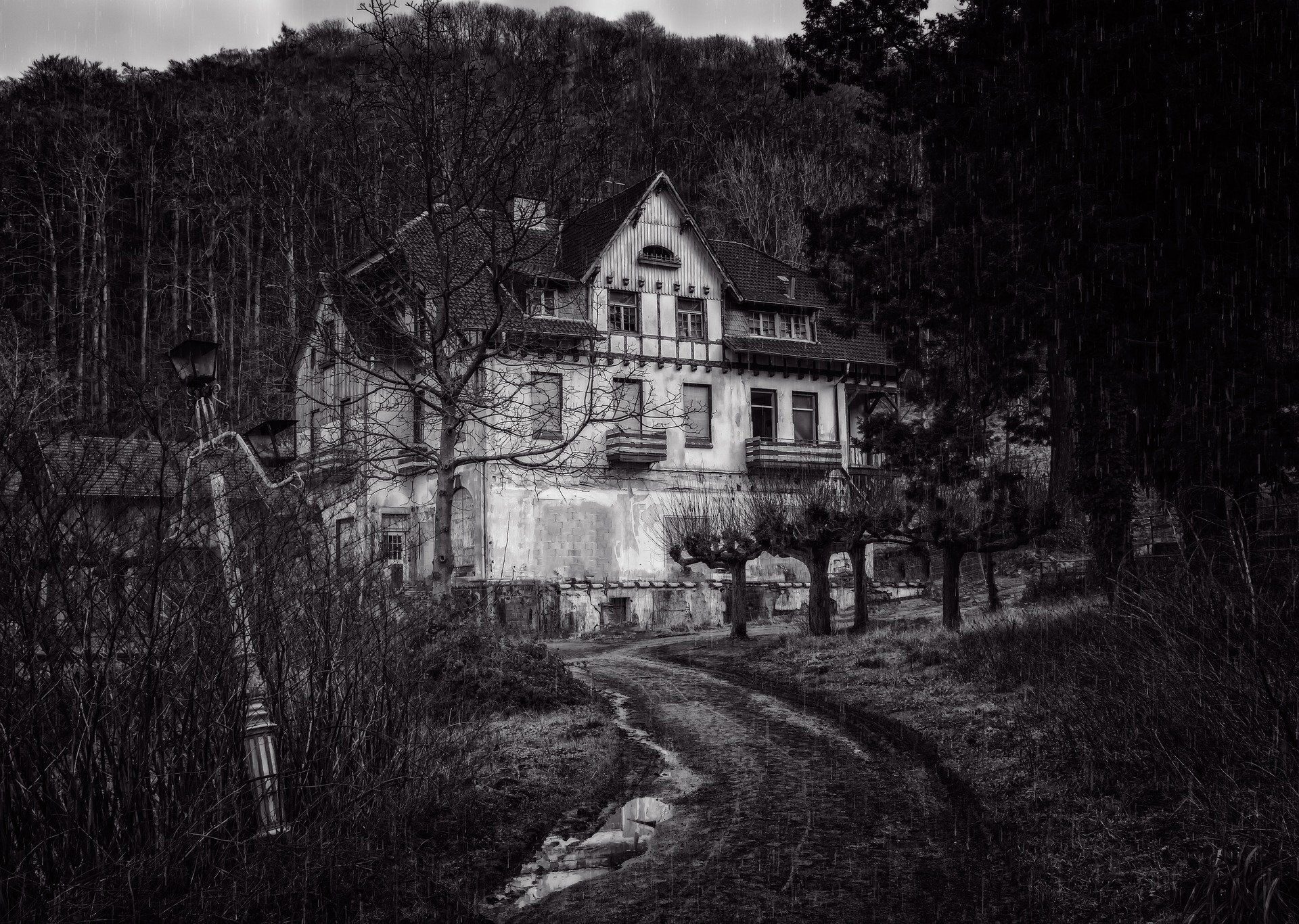The Other Side Breaks on Through to Here: Poltergeist Phenomena as Capitalist Resistance
/Zhupel of the revolution (1905) by boris kustodiev
“The destructive character has the consciousness of historical man, whose deepest emotion is an insuperable mistrust of the course of things and a readiness at all times to recognize that everything can go wrong. Therefore, the destructive character is reliability itself.”
Get Out of My House
Floorboards creaking while everyone is asleep. Cupboards swing open before your eyes. The iPad levitated for thirteen seconds before slamming to the ground. The poltergeist behaves like a neglected child, upsetting order to grab attention. It moves unseen through the corridors of the newly renovated town house, starting the Vitamix well before you’re ready to make your maca smoothie. When the front door opens and the family pours in, arms filled with shopping bags, the poltergeist is there, petulant, hurtling a Fitbit against the wall.
image from pixabay
And even in moments of silence, when you do not know you have a ghost in your house – it is there. It’s in the simmering uncertainty held down by another Netflix binge. It’s the cold sweat of what have I done? I don’t want to be a policy analyst. It’s in the silence as you drive the family to the water park. It’s the noise beneath the placid surface of the capitalist dream. The incorporeal shade haunting the hallowed homes of a material world.
“The destructive character sees nothing permanent. But for this very reason he sees ways everywhere. Where others encounter walls or mountains, there, too, he sees a way.”
Bring the Noise
Poltergeist, from the German “poltern” (a sonic disturbance) and “geist” (spirit), might be translated as “knocking ghost”, or “noisy spirit”. However one renders it in English, the meaning is plain: it is loud and restless. Indeed, poltergeist phenomena are always associated with sounds. From the spectral Drummer of Tedworth beating out an unseen cacophony in 1682 , through to the disembodied voices and wall pounding of the notorious Enfield poltergeist which tormented a single mother in England in 1977; the hauntings are uniformly a sonic barrage described as a “disturbance.”
image from pixabay
And what, exactly, is being disturbed? What is the purpose of all this noise? Writing of harsh noise in music, Csaba Toth defines noise as that which “disrupts both the performer and listener’s normal relations to the symbolic order by refusing to route musical pleasure through the symbolic order.” Pleasure is easily commodified and the vectors for pleasure (art, alcohol, drugs, sex) are monopolized by both government and corporation as a means of social control.
But noise resists commodification: it does not appeal to the pleasure principle, experience of it is not mediated by any centralized authority. The poltergeist is then not so different from transgressive sound artists like Whitehouse and Throbbing Gristle. Noise as a form of social disruption. Discomfort to short circuit the forces of control.
The Ghost in the Gadget
“But because he sees a way everywhere, he has to clear things from it everywhere… Because he sees ways everywhere, he always stands at a crossroads.”
The poltergeist unleashes a sonic assault on everything we have been taught to believe is sacred about a domesticated, capitalist life. It is important to note how, aside from a few spectacular tales, accounts of poltergeist activity involve only damage to property. In fact, much of the violence inherent in these manifestations is directed against physical objects best representing the private domicile: doors, beds, cupboards, and tables.
Like a protest that turns to smashing the windows of a Starbucks, the poltergeist expresses the rage of an anarchic soul confined by capitalism. It may even possess the symbols of capitalism itself: I am become the floating smartphone, destroyer of stability. In the 1960 case of the Baltimore poltergeist, the spirit exploded Coca-Cola bottles from within.
The poltergeist operates spontaneously, it is unpredictable, capricious, and angry – it is ungovernability itself and, by insinuating itself directly into the home and freely using objects therein, it attacks the very concept of private ownership that lies at the heart of capitalism.
A Spectre is Haunting
“No moment can know what the next will bring. What exists he reduces to rubble – not for the sake of rubble, but for that of the way leading through it.”
Skeptics will say that poltergeist phenomena, often emanating from a human “focal point,” usually in the form of a teenage or pre-teen child, is simply either conscious or unconscious mischief. The child, lacking attention, projects a fantasy spirit to achieve power over the household and assault the hierarchy of the family unit, within which they’ve been rendered powerless. To this I say, where does the projection end and the haunting begin?
image from pixabay
The only thing more ungovernable than the poltergeist is the willful child, to whom property is confusing and rules made only to be broken. Like the youth led innovations of punk, hip-hop and industrial noise, which obliterated capitalist notions of class, race, gender with explosions of sound, both child and poltergeist raise the volume to make themselves heard over the willful silence of the status quo.
Silence is violence but noise destroys.
Matthew Smith
Matt is a writer, musician and actor based in the unceded Algonquin territory commonly known as Ottawa. He loves dogs, hates cops, drinks too much tea and overthinks everything.
Twitter: @Squabbleronline










